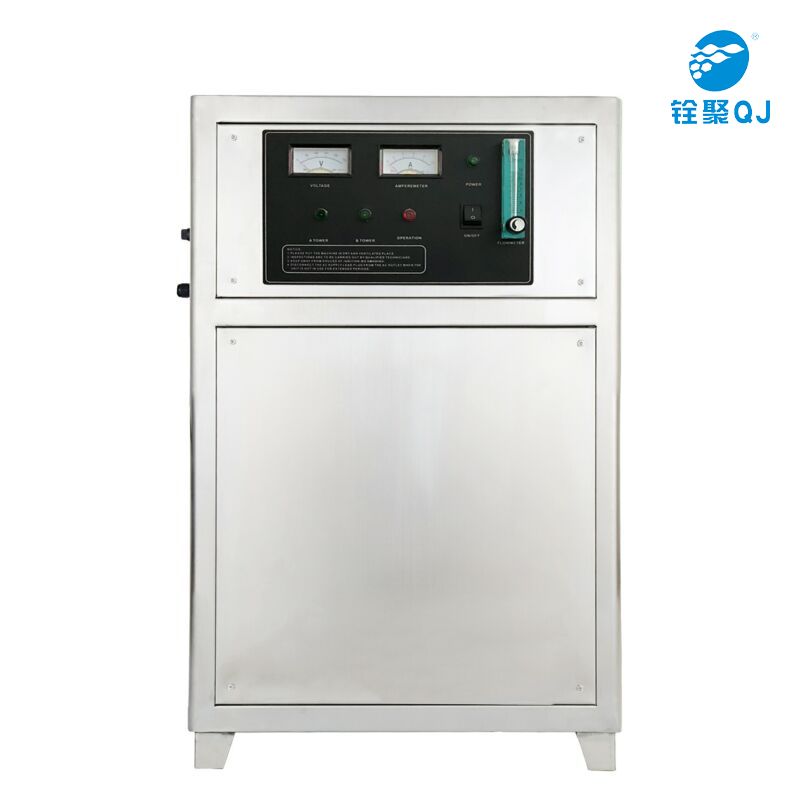How do you use ozone treatment on a car?
Ozone treatment is an effective method to remove stubborn odors, mold, and bacteria from a car's interior. However, it should be done with caution and preferably by professionals who are experienced in ozone treatments. Here's a general guide on how to use ozone treatment on a car:
1. Prepare the Car: Thoroughly clean the car's interior, removing any trash, food, and other items that may contribute to odors. It's essential to have a clean surface for the ozone treatment to be most effective.
2. Choose an Ozone Generator: Select an ozone generator that is appropriate for the size of your car's interior. The power output of the generator will determine the treatment time. Higher-powered generators will require less time to treat the interior effectively.
3. Safety Precautions: Ozone gas can be harmful to breathe in high concentrations. Before starting the treatment, make sure there are no people or pets inside the car, and ensure the area around the car is well-ventilated. Wear appropriate personal protective equipment, such as gloves and a mask, when handling the ozone generator.
4. Set Up the Ozone Generator: Place the ozone generator inside the car, making sure it is secure and won't tip over during the treatment. Connect the generator to a power source and set the output level according to the manufacturer's instructions.

5. Start the Treatment: Turn on the ozone generator and set the treatment time based on the size of the car's interior and the power of the generator. Treatments typically range from 30 minutes to 2 hours. Make sure to follow the manufacturer's guidelines and safety recommendations.
6. Monitor the Treatment: While the ozone generator is running, monitor the treatment to ensure that everything is functioning correctly. Be cautious not to breathe in the ozone gas directly.
7. Ventilate After Treatment: After the treatment time is complete, turn off the ozone generator and let the car sit for a period to allow the ozone gas to dissipate. Proper ventilation is crucial to ensure that the ozone gas is fully removed from the car's interior.
8. Air Out the Car: Once the treatment is finished, open all the car's windows and doors to let fresh air circulate. Run the car's air conditioning system with the fresh air intake selected to help remove any residual ozone gas.
9. Check for Ozone Odor: Before entering the car, check for any lingering ozone odor. If you can still smell ozone, continue to ventilate until the smell is gone.
Remember that ozone treatment should be done with caution and preferably by professionals to ensure safety and effectiveness. It is crucial to follow safety guidelines, use proper equipment, and take the necessary precautions to protect yourself and others from direct exposure to ozone gas.
215
0
0
All Comments (0)
Previous: UV Laser Cutting: Advancements and Applications
Next: Best Compact Telehandler: A Versatile Solution for Material Handling
If you are interested in sending in a Guest Blogger Submission,welcome to write for us!




Comments